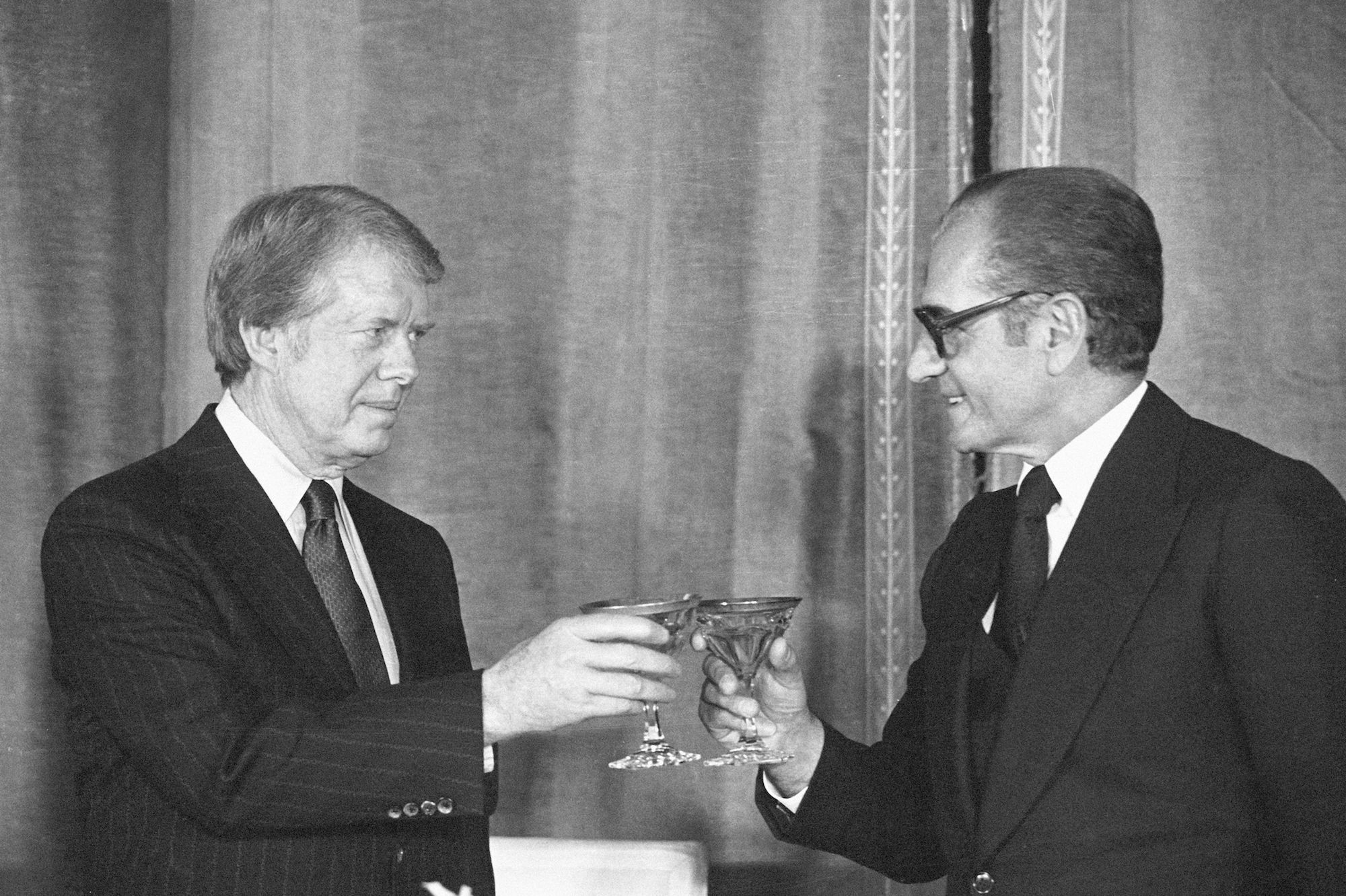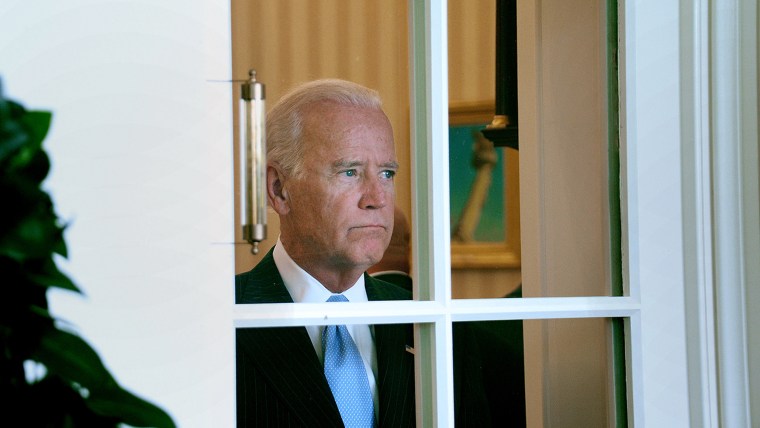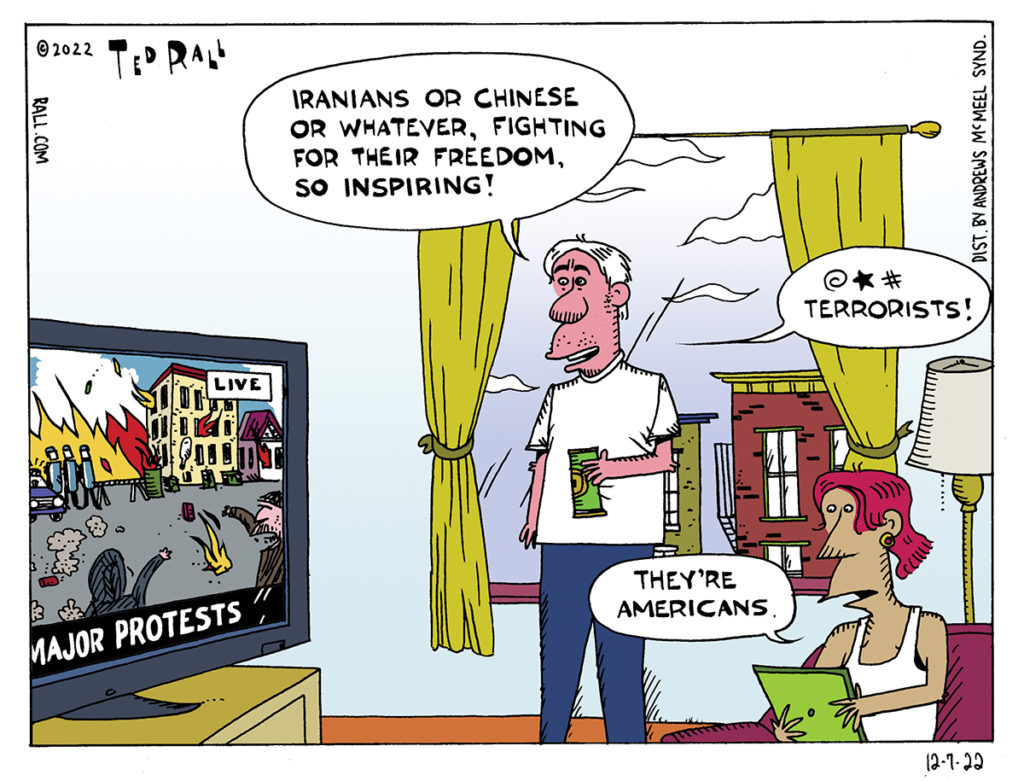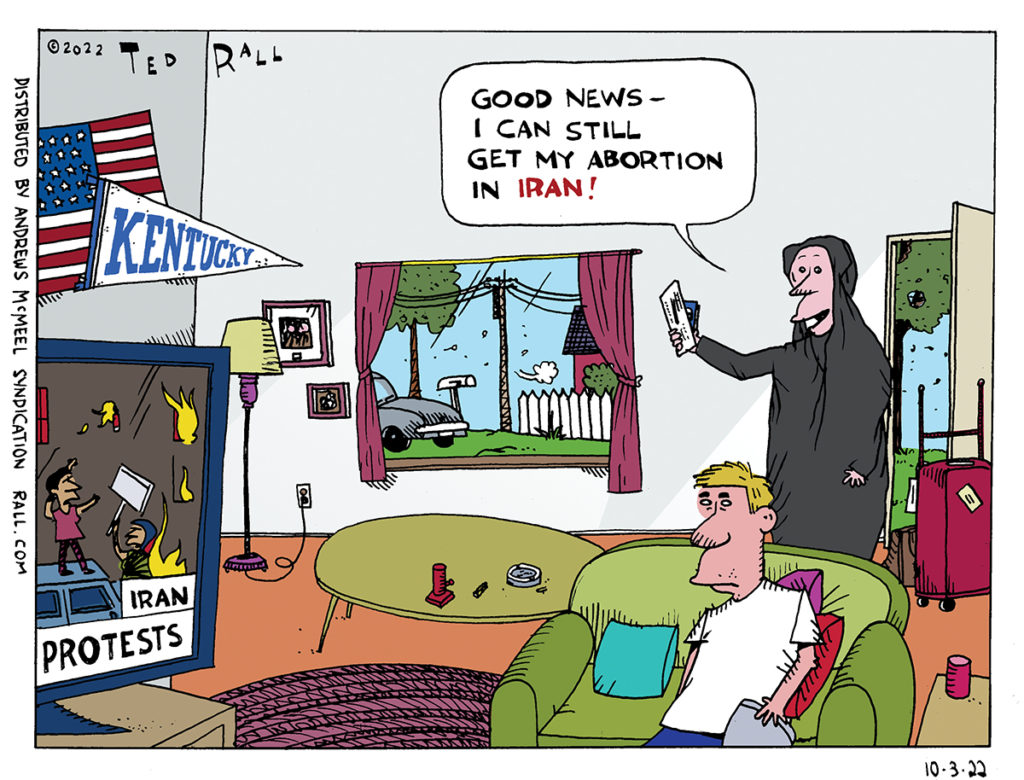Chris Widener – Motivational Speaker & Writer
The Final Countdown – 7/19/23 – Meta’s Threads Experiences Setbacks After Hot Start
On this episode of The Final Countdown, the hosts Ted Rall and Manila Chan discuss hot topics, such as Threads’ setbacks.
Armen Kurdian: Retired Navy Captain, Entrepreneur, Investor
Ted Harvey: Former State Senator in Colorado
Steve Gill: Attorney and CEO of Gill Media
Mohammad Marandi: Professor, University of Tehran
The show kicks off with Armen Kurdian, Retired Navy Captain, Entrepreneur, and Investor to discuss the FBI investigation of the Biden family.
In the second half of the first hour, the hosts speak with Former State Senator of Colorado Ted Harvey, Joe Manchin’s No Labels appearance.
The first half of the second hour is joined by Attorney and CEO Steve Gill to discuss Tucker Carlson’s deal with Public Square and the social media court ruling.
The show closes with Mohammad Marandi, an English literature professor at the University of Tehran, to discuss the U.S. envoy to Iran’s criminal charges.
The Final Countdown – 6/15/23 – Grand Jury to Indict Daniel Penny in Jordan Neely Chokehold Death
Angie Wong: Journalist
Erdogan Retains Turkish Presidency While Kosovo Witnesses Upheaval
In the first half hour, the hosts were joined by Conservative commentator and Cohost of Fault Lines Melik Abdul to discuss the debt ceiling deal.
Jimmy Carter Was a Right-Winger

Jimmy Carter will almost certainly be remembered as a liberal lion. That reputation, however, stems from his post-presidential work with Habitat for Humanity and his role attempting to mediate peace in the Middle East and elsewhere. His affable manner and trademark smile contributed to that impression.
But Carter’s leading role was as President. Personal rebranding and the haze of history have obscured the fact that the peanut farmer from Plains, Georgia was conservative. As a right-wing “New Democrat,” he ushered in a radical shift of his party from champions of the working class and skeptics of foreign interventionism to the bellicose defenders of big business currently occupying the White House.
Domestically, Carter was notable primarily for what he did not do. His inactions invariably leaned left.
Carter became the first Democratic president not to propose an anti-poverty bill since the realignment that brought FDR to power in 1932. A deficit hawk more concerned about inflation than unemployment, he broke his 1976 campaign pledge to push for a national healthcare plan. He considered, but rejected, proposals from fellow Democrats for a universal basic income and increasing welfare benefits. Though he personally favored and campaigned for decriminalizing cannabis, he backtracked and allowed the brutal War on Drugs to continue.
Empathetic statements bemoaning the ills and injustices of late-stage capitalism in the post-Vietnam era of deindustrialization, coupled with executive dithering, set the template for Clintonism: liberal rhetoric on the stump, conservative laissez faire in reality.
“Fundamentally, Jimmy Carter ended the New Deal and started America on the path of pushing wealth and power upward, a path dramatically accelerated by his successors,” Matt Stoller, author of “Goliath: The 100-Year War Between Monopoly Power and Democracy,” told The Washington Post. “As just one simple example, one reason Americans today can’t sue airlines for consumer protection or safety violations is airline deregulation, passed in 1978 and signed by Jimmy Carter. Carter cut capital gains taxes in 1978, and under the term ‘deregulation,’ removed public rules from the banking, telecommunications, railroad, trucking, natural gas and airline industries.”
Carter was a man of peace—technically. He didn’t start any wars. He talked about human rights in international affairs, criticizing America’s coddling of dictators. He distanced the U.S. from apartheid-era South Africa and Nicaraguan dictator Anastasio “Tachito” Somoza. And he negotiated a peace deal between Israel and Egypt.
But his foreign policy hawkishness made the world more dangerous. The president’s highflying rhetoric was full of “built-in hypocrisy,” Foreign Policy magazine’s Jonathan Alter observed in 2020. “The president’s new policy was selective and inconsistent from the start, especially as applied to strategically important allies. Vital interests took priority over moral ones, most fatefully in the case of Iran, where Carter toasted the shah and raised the abuses of his secret police only in their private meetings. When the shah was driven from power in 1979 by the Ayatollah Ruhollah Khomeini, Carter’s support for the monarch led to the seizure of U.S. hostages in Tehran.”
Carter’s anti-communist national security advisor Zbigniew Brzezinski encouraged him to arm the radical Islamist mujahedin in Afghanistan, drawing the Soviet Union into a proxy war that helped set the stage for 9/11. He used the Soviet invasion as an excuse to politicize the 1980 Olympics by boycotting the Moscow games. In a transparently ridiculous attempt to look tough he restored draft registration, which remains in force despite the all-volunteer military.
And it was Carter who started the giant defense spending spree of the 1980s credited to Ronald Reagan. There may not have been any cash for infrastructure or healthcare or poverty, but when it came to nuclear saber-rattling against the Soviets, money was no object. “I am committed as a matter of fundamental policy to continued real increases in defense,” Carter told Congress in his 1980 State of the Union address. Reagan later acknowledged Carter’s massive defense spending. “My predecessor had proposed a five-year expansion of the defense budget,” Reagan said in 1986.
By 1979 the liberal voting base of the Democratic Party had had enough of Carter’s rightward shift. And then they had their champion: Massachusetts Senator Ted Kennedy challenged Carter from the left in the 1980 primaries, “trying to run on sort of FDR-type policies, the old-style liberalism, you know, trying to be a populist,” said journalist Jon Ward, author of a book about that race.
Kennedy’s defeat was fateful. 1980 marked the rise of the centrist-right Third Way/Democratic Leadership Council control over the Democratic Party apparatus, which went unchallenged until Bernie Sanders in 2016. Clinton continued Carter’s aggressive foreign policy and embraced right-wing domestic projects: NAFTA, the crime bill, welfare reform. Obama perfected Carter’s style, controlled and measured and calm in an effort to deliver a vaguely liberal impression rarely reflected by his policy decisions.
Carter is considered to be a great ex-president, mainly because his post-1981 life of humanitarian service contrasts with his presidential reputation as an incompetent, vision-free micromanager. But Carter did have a vision, one that was consequential if ignored. He sucked the liberalism out of the Democratic Party, rendering the American Left homeless, marginalized and alienated within electoral politics as the country spiraled into a half-century of rightward decline with no end in sight.
(Ted Rall (Twitter: @tedrall), the political cartoonist, columnist and graphic novelist, co-hosts the left-vs-right DMZ America podcast with fellow cartoonist Scott Stantis. You can support Ted’s hard-hitting political cartoons and columns and see his work first by sponsoring his work on Patreon.)
In At Least One Way Iran Is Better Than the US for Women
American media outlets smugly report human rights abuses abroad while ignoring those at home. Case in point: Iranians outraged over the death of a woman in custody of the morality police over her hijab are getting prominent coverage in the US. Meanwhile, in at least 14 states, you can’t get an abortion for any reason. In Iran, on the other hand, abortion is still legal under some circumstances.
DMZ America Podcast #57: Cowardly Cops and the Middle East: Who Should We Cozy up with, Iran or Saudi Arabia?
Political cartoonists Scott Stantis and Ted Rall engage in a lively debate over the Middle East. Iran claims to have nuclear weapons technology, whatever the hell that means, which has Scott worried to the point that he’s contemplating bombing the country. Meanwhile Biden cozied up to Saudi Arabia’s dictator this week, prompting Ted to to go off the rails. But first, the final report is out on the police non-reaction at the mass shooting in Uvalde, Texas, and the question is: can the cops be redeemed?
Saudi Arabia is a Bulwark against Iran. So Who’s the Bulwark against Saudi Arabia?

The Washington Post recently published an op-ed purportedly written by President Joe Biden that tried to justify his visit with Saudi Arabian Crown Prince Mohammed bin Salman, the psychopath who ordered the murder, dismemberment and dissolution in acid of Jamal Khashoggi, a columnist for—wait for it—The Washington Post. Let’s hope MbS likes Biden’s “writing” better than Khashoggi’s.
A publication whose motto is that “democracy dies in darkness” probably owes its readers the truth about who writes its articles. There is 1,000,000% no way in hell that Biden wrote that piece. Listen to him talk, then read it, you’ll see. Truth in advertising is important; accurate labeling more so. When I purchase a can labeled carrots, I don’t want to find pigs’ feet inside. Yet many newspaper opinion pieces and books bylined by high-ranking political figures and celebrities, like the piece that got Amber Heard sued, are ghostwritten. These are flagrant violations of journalistic ethical guidelines regarding attribution, a fraud against the readers, propaganda that elevates inarticulate fools into ersatz statesmen, and if editors won’t cut it out Congress should make it illegal.
It is the underlying argument, however, that makes “Why I’m going to Saudi Arabia” interesting. “I know that there are many who disagree with my decision to travel to Saudi Arabia,” “Biden” “writes,” going on to “say” that human rights concerns must take a backseat because the kingdom can help the U.S. “counter Russia’s aggression” in Ukraine, “outcompete China” and serve as a bulwark against Iran.
Even by the standards of the Beltway natsec Blob types whose “Risk” worldview considers countries and governments to be little more than pieces to be shuffled around a gameboard, “Saudi Arabia is a bulwark” is a shibboleth hard to top in its idiocy.
A bulwark?
Against what?
MbS rules the most notoriously barbarous, moronic and viciously violent regime on earth—one that by any metric is far worse than Iran, Russia or China. Torture, arbitrary arrests and political murders are commonplace. “Saudi courts have sentenced people to flogging for extramarital sex, drinking alcohol, and other offenses. While rarely, if ever, carried out, stoning sentences have been issued for adultery. The authorities have used and carried out sentences, albeit rarely, for amputation of limbs for theft,” according to Human Rights Watch. Saudi Arabia executes people, including children, for nonviolent drug offenses as well as witchcraft and sorcery.
In a single day this past March, Saudi Arabia executed 81 people, including non-citizens, for a variety of crimes, including “disrupting the social fabric and national cohesion” and “participating in and inciting sit-ins and protests.”
Saudi Arabia is one of the top destinations in the world for human traffickers, slave labor and sex trafficking.
Saudi women are treated like children under the law by the nation’s male guardianship program. As a result, the kingdom has the lowest female worker participation rate in the world, 5%.
Saudi Arabia finances countless radical Islamic terrorist groups around the world, including those who carried out the 9/11 attacks, and has spent an estimated $100 billion to spread its toxic brand of Wahhabi Muslim extremism to other countries. It has waged a brutal proxy war in neighboring Yemen, creating one of the worst humanitarian disasters on the planet.
The moral bankruptcy of American policy is exposed by the fact that Iran, which we target with sanctions, is a much more pluralistic and secular country than our frenemy Saudi Arabia. Iran has Jewish synagogues, Christian churches and Zoroastrian temples; its parliament has 14 non-Muslim members. Saudi Arabia, where anti-Semitism is widespread, required U.S. soldiers stationed there during the Gulf War to fly to international waters to observe Jewish services.
Iran’s support of international terrorism pales next to the Saudis’.
“For the past few decades,” Omar Bekdash wrote in the Cornell Diplomat in 2019, “women have enjoyed many more rights in Iran than in Saudi Arabia. In Iran, women are allowed to vote in every election and stand as candidates: six percent of Iran’s parliament is comprised of women, which is greater than the rate in cosmopolitan Lebanon, four percent. Women work and open businesses in Iran without the need for male approval—either from their male elders or their husbands.”
Iran has a vibrant opposition press; Saudi Arabia takes a zero-tolerance approach to dissent.
Given the record, it would make much more sense to cozy up to Iran as a bulwark against Saudi Arabia. The truth, of course, is that we have more in common with Saudi Arabia—because they’re the worst.
(Ted Rall (Twitter: @tedrall), the political cartoonist, columnist and graphic novelist, is the author of a new graphic novel about a journalist gone bad, “The Stringer.” Order one today. You can support Ted’s hard-hitting political cartoons and columns and see his work first by sponsoring his work on Patreon.)
First They Came for the Foreigners’ Bank Accounts

Adam Smith wrote that the efficiency of markets relies on the free movement of goods. What happens when governments seize property in order to exert political pressure—or out of greed?
A major, arguably the primary, incentive of the capitalist system is that it offers the potential of accruing wealth. Individuals and companies rely on government to maintain order, keep conditions like interest rates stable and protect accumulated assets from bank failures, devaluation, fraud and theft, without regard for the political orientation of their owner. In recent years, however, the United States has increasingly been putting its thumb on the scale for ideological reasons, taking assets by ethically and legally dubious means, and imperiling its reputation as a safe haven for deposits and investments.
From the 62-years-and-counting trade embargo against Cuba to the severing of ties with Iran following the hostage crisis to the isolation of South Africa to punish apartheid, the U.S. has repeatedly turned to economic sanctions in the postwar era. The outright seizure of foreign assets held in the U.S. has increasingly become a part of the mix of pressure tactics.
President George W. Bush took $1.7 billion from Iraq’s foreign reserves in 2003 and transferred an additional $600 million to a slush fund to finance anti-Saddam Hussein factions.
Shortly before the 2011 overthrow and killing of dictator Moammar Ghaddafi, President Barack Obama ordered that U.S. banks freeze $30 billion held by the Central Bank of Libya and the Libya Investment Authority, a sovereign wealth fund, and use some of the money to fund Benghazi-based anti-Ghaddafi rebel groups, some of which morphed into radical jihadi terrorist organizations.
Obama signed a 2012 law allowing frozen Iranian assets to be made available to settle claims by families of Hezbollah victims in Lebanon. “It is theft … it is like stealing Iran’s money and we condemn it,” an Iranian spokesman said.
Refusing to accept the legitimacy of the country’s sitting president, President Donald Trump attempted a backdoor economic coup in Venezuela with a 2019 order granting opposition leader Juan Guaidó—even though he wasn’t a government official—authorization to dispose of assets and property in U.S. bank accounts under the name of the government of Venezuela.
The Biden Administration recently grabbed $7 billion in deposits at the Federal Reserve Bank of New York in the name of the central bank of Afghanistan, Da Afghanistan Bank. The Taliban, who seized power in late August, claim they are the new government and that the money should be sent to them so they can, among other things, address mass starvation resulting from the post-U.S.-withdrawal economic collapse. The U.S., however, refuses to recognize the Taliban (or the former regime led by Ashraf Ghani) as the government of Afghanistan.
In February President Biden signed an executive order transferring $3.5 billion to a trust fund that may be used to settle civil claims by the families of 9/11 victims and the remaining $3.5 billion to a second fund that might eventually be drawn down upon by humanitarian aid organizations. China’s reaction received widespread, approving news coverage. “This is flagrant robbery and shameless moral decline. The U.S. should immediately return the stolen money back to the Afghan people, and compensate people in Afghanistan, Iraq, Libya and more who died or suffered losses from the U.S. military invasions,” said Foreign Ministry spokesperson Hua Chunying.
As part of its sanctions against Russia to punish it for invading Ukraine, the U.S. has frozen $100 billion in Russian foreign-exchange reserves held at the Fed and moved to seize superyachts, luxury apartments and bank accounts held by oligarchs close to Russian President Vladimir Putin. Representative Tom Malinowski (D-NJ), co-sponsor of a House resolution urging the sale of frozen Russian assets to benefit Ukraine that passed by an overwhelming majority, said that Russia should never get them back: “Can we imagine giving all of Russia’s wealth — the yachts, the bank accounts, the villas, the planes — back to Putin and his cronies as Ukraine lies in ruin, as the Ukrainians bury their dead? We cannot imagine doing that. We will not do that.”
Russia, however, has long anticipated American sanctions and has engaged in a policy of “de-dollarization” of its foreign currency reserves to soften the blow. “Crucially, the once-dominant dollar now accounts for only 16% of Russia’s currency reserves, which Moscow has replaced with euros, China’s renminbi, and gold,” reports The New York Times.
Other countries with less than perfect relationships with the United States are searching for ways to keep their assets out of our clutches. Brazil and India are worried about being targeted over their environmental policies. Do we really want to solidify our reputation as a place where your bank account and even your home can be taken by the U.S. government because you are friends with the president of your country at a time when the U.S. and your country aren’t getting along?
Kleptomaniacal economic warfare has also become pervasive within our borders. Police agencies routinely use civil asset forfeiture to take the cars, houses, boats, cash and other property of people they suspect of involvement with crime or illegal activity. More than $68 billion worth of personal property has been seized by cops over the last 20 years within the United States, all without due process. Incredibly, property is not returned even when no charges are filed or a trial ends with a not-guilty verdict.
We may not have much sympathy for Russian oligarchs or people whose flashy lifestyles attract the wrong kind of attention from the police. But it’s not hard to imagine a not-distant future when the government might seize an average law-abiding citizen’s middle-class house because they espouse the wrong politics. The way things are going, we may soon see an ill-considered tweet lead to someone’s bank account being frozen and the assets redirected to some bureaucrat’s favorite cause.
(Ted Rall (Twitter: @tedrall), the political cartoonist, columnist and graphic novelist, is the author of a new graphic novel about a journalist gone bad, “The Stringer.” Order one today. You can support Ted’s hard-hitting political cartoons and columns and see his work first by sponsoring his work on Patreon.)


